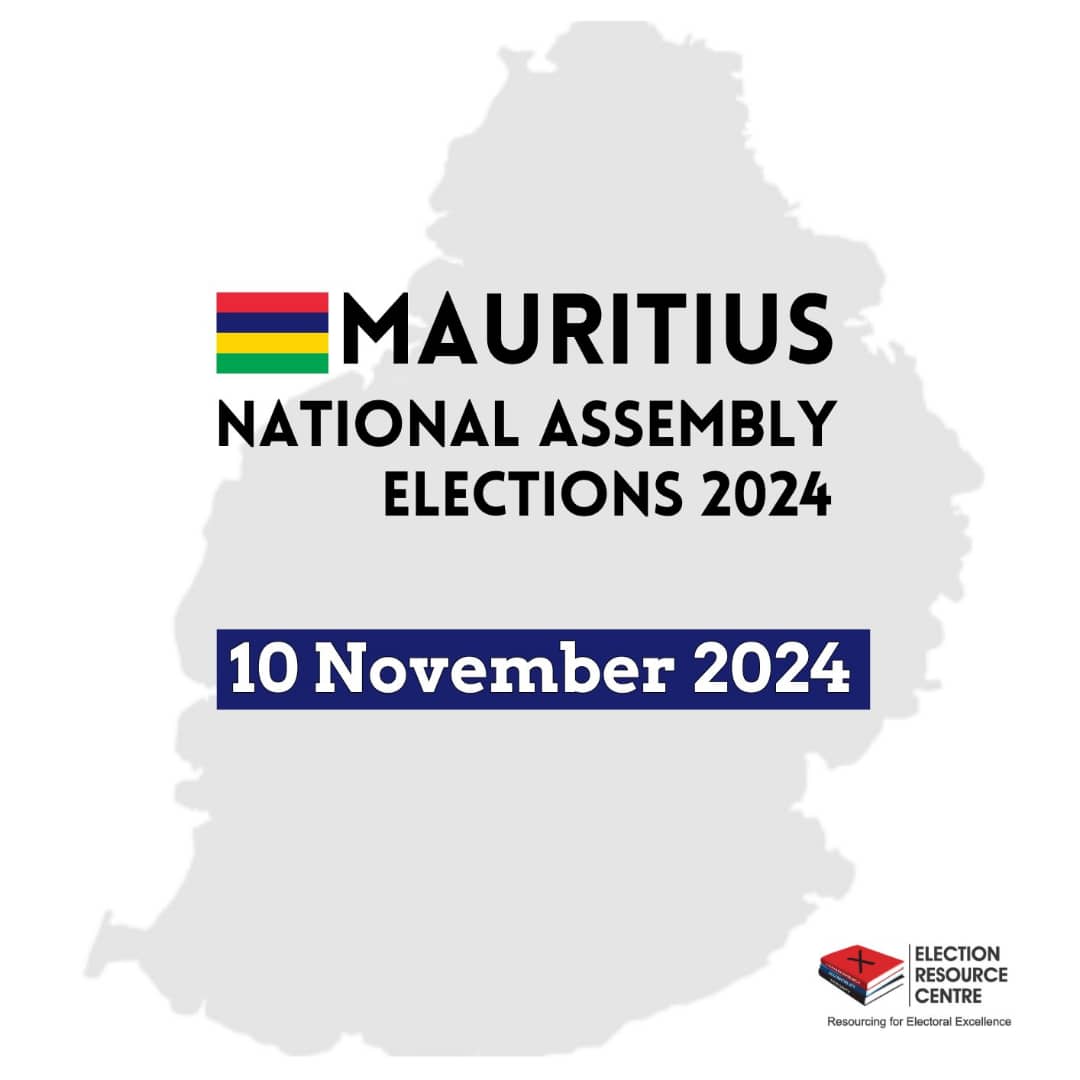Political Correspondent
Mauritius held a Parliamentary election this past Sunday, November 10, 2024, amidst a backdrop of controversy stemming from a phone-tapping scandal.
The election is crucial for the stability of one of Africa’s most prosperous democracies, with police deployed at polling stations to ensure order as concerns about potential fraud were raised by the opposition.
Key Issues Surrounding the Election
- Phone-Tapping Scandal: The election follows the leak of secretly recorded phone calls involving politicians, diplomats, and journalists, which has raised significant concerns about governance and civil liberties in Mauritius. In response to the scandal, authorities initially imposed a social media ban during the election period but later reversed this decision due to public backlash.
- Political Landscape: The election is primarily contested between two major blocs: Prime Minister Pravind Jugnauth’s Militant Socialist Movement and the Alliance of Change, led by former Prime Minister Navin Ramgoolam. Both parties have promised to address issues such as poverty and the rising cost of living.
- Voter Turnout and Security: As of midday, voter turnout was reported at 40%. Election Commissioner Irfan Rahman assured that measures were in place to ensure a transparent voting process, emphasizing the importance of calm during the election.
Concerns About Governance
Mauritius has enjoyed relative stability and economic growth since gaining independence in 1968, but recent years have seen increasing worries about governance. Analysts have pointed to a decline in institutional checks and balances, with rising corruption and issues such as procurement scandals during the COVID-19 pandemic being highlighted. The country recently dropped from first to second place in the Ibrahim Index, which assesses governance across Africa.
Historical Context
The leadership of Mauritius has largely been dominated by three families since independence. Prime Minister Jugnauth, who took office in 2017, faces challenges from a growing opposition that criticizes corruption and calls for greater transparency.
The recent agreement regarding the Chagos Islands, where Britain ceded sovereignty to Mauritius, was initially seen as a political win for Jugnauth, but the ongoing scandals have complicated his re-election prospects.
Conclusion
As the polls close at 6:00 PM local time, the results are expected to be announced on Monday. The outcome will be pivotal for the future direction of Mauritius, particularly in light of the pressing issues of governance and economic stability that have emerged during this election cycle.
Zim GBC News©2024


